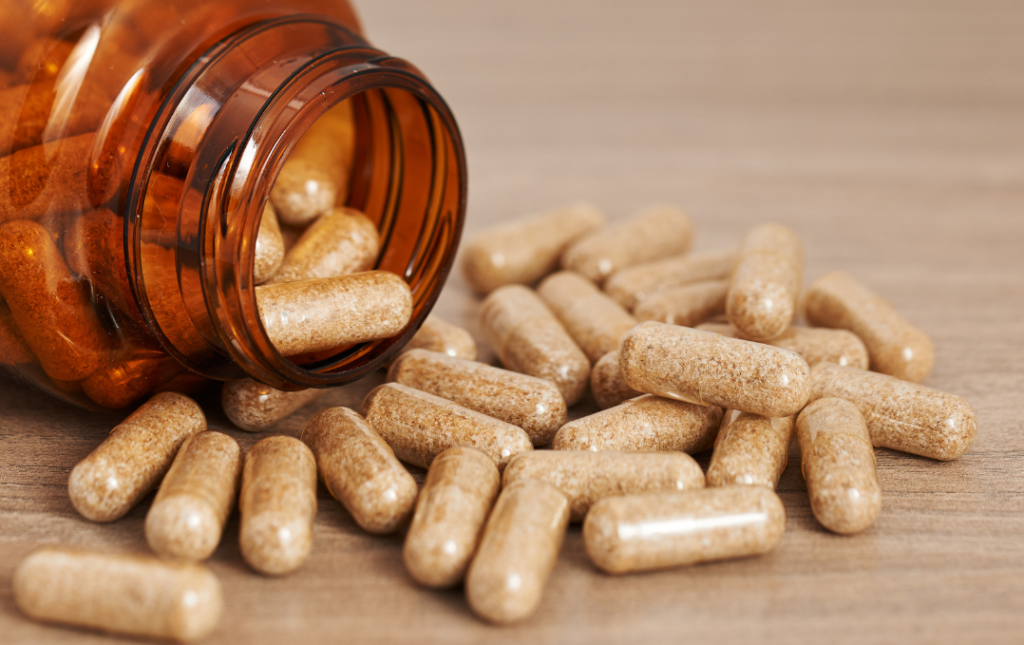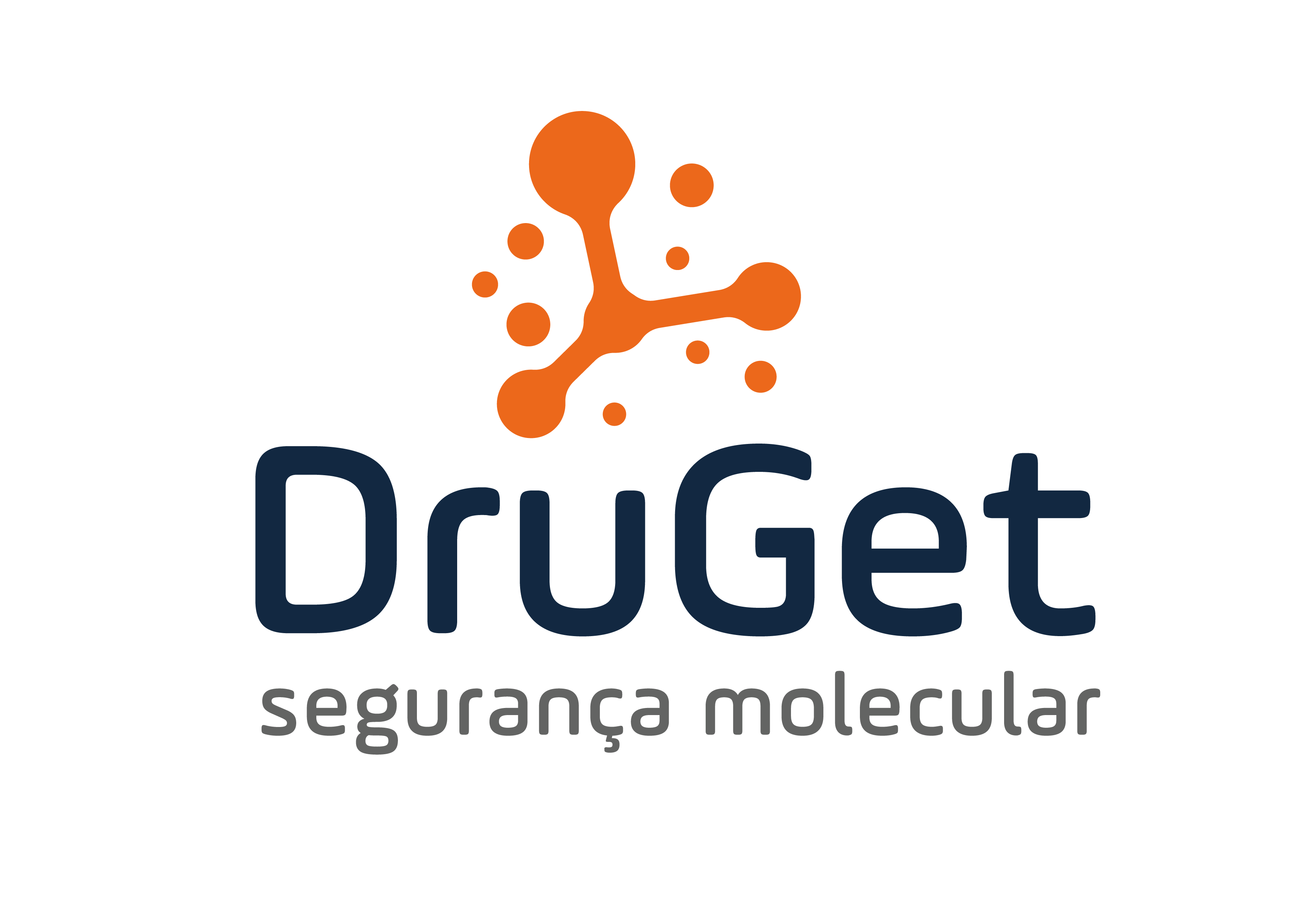In the current medical scenario, where innovation is constant, it is essential to understand the distinctions between synthetic medicines and biopharmaceuticals.
Specialized industries produce synthetic drug molecules, following strict quality controls stipulated by health agencies such as ANVISA (Agência Nacional de Vigilância Sanitária – National Health Surveillance Agency) and the FDA (Food and Drug Administration). Furthermore, these medicines generally have a small molecular weight, low complexity and little atomic differentiation, which simplifies the obtaining of their active ingredients compared to biopharmaceuticals. The most common route of administration for these medications is oral, due to their easy acceptance, better distribution logistics and good stability of the active ingredients.
On the other hand, biopharmaceuticals derive from biological sources such as bacteria, fungi and plants. Specialized laboratories produce these compounds to generate specific substances, which are subsequently purified and stabilized. Examples of these biopharmaceuticals include hormones, enzymes, monoclonal antibodies, and vaccines. These products are complex and have a high molecular weight, which makes their production through chemical reactions extremely difficult and costly.
Comparison between Synthetic Medicines and Biopharmaceuticals
Therefore, although they differ in production methods and obtaining techniques, it cannot be said that one type is better than the other due to its degree of naturalness. Often, both types of medications can be used simultaneously, depending on the complexity of the disease being treated. Furthermore, strict approval standards ensure that pharmaceutical industries produce both types of medicines with high quality and safety for consumers.
For more information, see:
- Paulo Schueler. Biofármacos e medicamentos sintéticos – entenda as diferenças. 2020. Disponível em: Biofármacos vs. Medicamentos Sintéticos.
- FAPESP. Foco nos biofármacos. 2016. Disponível em: FAPESP – Biofármacos.







